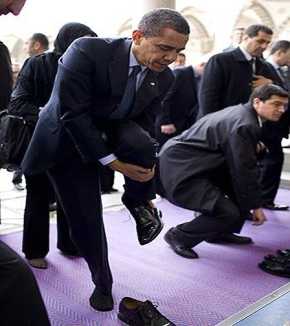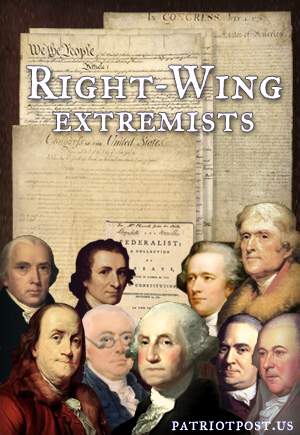Obama Harvard interview by AP, 1990
June 19, 2012 1 Comment
Harvard student tackles racism at core
Associated Press May 3, 1990
CAMBRIDGE, Mass.
His boyhood friends in Indonesia were street peddlers, and his grandmother still lives in a mud-walled house in Kenya. But Barack Obama is another world away, presiding over the Harvard Law Review as the first black president in the prestigious journal’s 103-year history.
The charismatic 28-year-old, ensconced in the halls where tradition reigns, is taking aim at another custom: Obama’s sights are set on the South Side of Chicago, not on a U.S. Supreme Court clerkship or a fast-track career with a cushy firm.
“I’m not interested in the suburbs. The suburbs bore me. And I’m not interested in isolation myself.” Obama said in a recent interview. “I feel good when I’m engaged in what I think are the core issues of the society, and those core issues to me are what’s happening to poor folks in this society.”
His passion is rooted in his background. He was born in Hawaii, his father an Oxford and Harvard-educated economist from the African nation of Kenya, his mother a white anthropologist from Kansas. Obama moved to Southeast Asia as age 2 [False, it was age 6] when his parents divorced and his mother married an Indonesian.
Until the fifth grade, Obama attended Indonesian schools, where most of his friends were the sons of servants, street peddlers and farmers.
Concern for Obama’s education let his mother to return him to Hawaii, where he attended public schools through high school. In 1983, he graduated from Columbia University with a degree in political science.
At a recent meeting in a Harvard cafeteria, his affinity with the underdog was readily apparent.
I lived in a country where I saw extreme poverty at a very early age,” Obama said. “Parts of my family in Kenya remain very poor. My grandmother still lives in a mud walled house with no running water or electricity.
That’s who I am, that’s where I come from, not always literally, but at least emotionally.”
Obama entered Harvard Law School in 1988, and through a combination of grades and a writing competition, was elected to head the law review this February. He succeeded Peter Yu, a first-generation Chinese-American.
Obama cautions against reading too much into his election.
“It’s crucial that people don’t see my election as somehow a symbol of progress in the broader sense, that we don’t sort of point to a Barack Obama any more than you point to Bill Cosby or a Michael Jordan and say ‘Well, things are hunky dory.'” Obama said.
“There’s certainly racism here. There are certain burdens that are placed, more emotionally at this point than concretely,” Obama said.
” Professors may treat black students differently, sometimes by being, sort of, more dismissive, sometimes by being more, sort of, careful because they thing, you know, that think that somehow we can’t cope in the classroom,” he said.
Obama sees the inner cities as the front lines of racism. “It’s critical at this stage for people who want to see genuine change to focus locally. And it is crucial that we figure out how to rebuild the core of leadership and institutions in those communities,” he said. For five years before law school, Obama took on that task in Chicago.
As the director of a program that tried to bring South Side churches, unions and block association together on projects, Obama was not trying to solve local problems, he said. Instead he sought to construct something more lasting, – a forum for the community to speak with one voice.
“I’m interested in organizations, not movements, because movements dissipate and organizations don’t,” Obama said.
America suffered when the movements of the 1960s dissipated, he said. Those movements succeeded in raising doubts about harmful traditions of sexism and racism, but failed to offer a viable alternative.
“Hopefully, more and more people will begin to feel their story is somehow part of this larger story of how we’re going to reshape America in a way that is less mean-spirited and more generous. I mean, I really hope to be part of a transformation of this country.”
And the future of black people and of America generally.?
“It depends on how good I do my job,” he said.














Pingback: The Second Term Around « The Central Standard Times